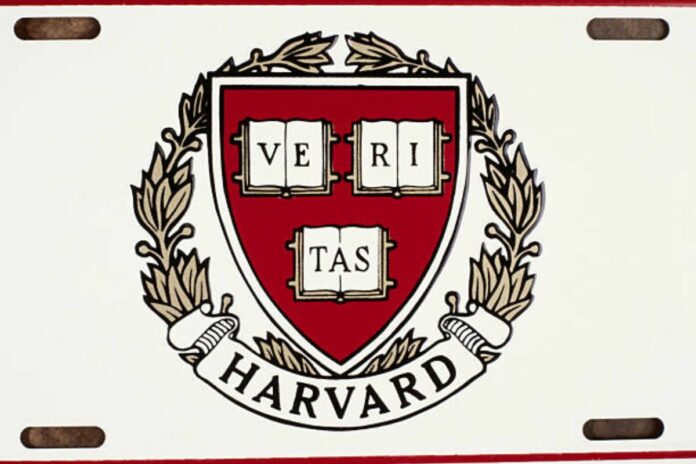In recent days, Harvard University has found itself at the heart of a heated controversy involving a group of its students and a billionaire hedge fund manager, Bill Ackman. The dispute revolves around a statement issued by several Harvard student organizations, which blamed Israel for the recent Hamas attacks on the country. This contentious topic has garnered significant attention, leading to a call for accountability that has resonated with a number of CEOs.
Bill Ackman’s Call for Transparency
Bill Ackman, a prominent American billionaire hedge fund manager and Harvard alumnus, took to social media to address the situation. In a post shared on the microblogging platform X, he urged his alma mater to release the names of all signatories of the pro-Palestine statement. His motivation was clear – he wanted to ensure that none of the CEOs he knew inadvertently hired any of these students.
Ackman emphasized his objection to these students hiding behind the esteemed Harvard brand name. His call for transparency was more than a mere suggestion; it was a demand for accountability. The question he raised was whether those who signed the controversial statement should be held accountable for their stance on the Israel-Palestine conflict.
The Controversial Harvard Statement
At the core of this controversy lies a statement crafted by the Harvard Undergraduate Palestine Solidarity Committee and signed by 33 student organizations. This statement asserts that Israel bears “entire responsibility” for the violence that occurred when Hamas militants launched an attack on the country, resulting in the loss of innocent lives.
The statement itself is a contentious one, as it assigns sole blame to Israel for the events that unfolded during the Hamas attacks. The implication is clear: these Harvard students believe that Israel is entirely responsible for the violence, sparking a fierce debate.
CEO Reactions
Bill Ackman’s call for Harvard to disclose the names of the students who signed the pro-Palestine letter received widespread attention and garnered support from other CEOs. Some of their reactions were unambiguous:
- Jonathan Neman, CEO of the salad chain Sweetgreen, expressed his desire to know the names, stating that it was essential for him to ensure that he never hired these individuals.
- Jake Wurzak, CEO of DoveHill Capital Management, seconded Ackman’s call for transparency.
- David Duel, CEO of EasyHealth, echoed the sentiment by saying, “Same,” in response to Ackman’s post.
- Michael Broukhim, CEO of FabFitFun, also joined the chorus, pledging support for the cause.
Also Read: Pop Sensation Bruno Mars Caught in Israel-Hamas Conflict
These CEO reactions reflect a shared concern among business leaders who believe that an individual’s stance on such a contentious issue may have implications for their hiring decisions.
A Backlash and Backtracking
The public backlash resulting from Bill Ackman’s call for transparency prompted some Harvard student organizations to reconsider their earlier stance. Notably, four of the 34 organizations that initially signed the pro-Palestine statement have withdrawn their support, as reported by the New York Post. Additionally, students from several other organizations have distanced themselves from the controversial statement.
The controversy surrounding the Harvard statement and Bill Ackman’s call for transparency has certainly ignited a fervent debate, not only within the university but also among business leaders. As the situation continues to unfold, the implications for the students and their future endeavors remain uncertain.
Conclusion
The clash of opinions regarding the Harvard statement underscores the complexities of the Israel-Palestine conflict. The involvement of CEOs in demanding accountability from Harvard students has brought the issue into the spotlight, raising questions about the impact of personal beliefs on professional opportunities.
The controversy surrounding this incident is far from over, and it serves as a reminder that in a world interconnected by social media and public discourse, personal beliefs can have significant consequences. Whether or not Harvard chooses to release the names of the signatories, this incident has sparked a broader conversation about accountability and the role of personal beliefs in the professional world.

